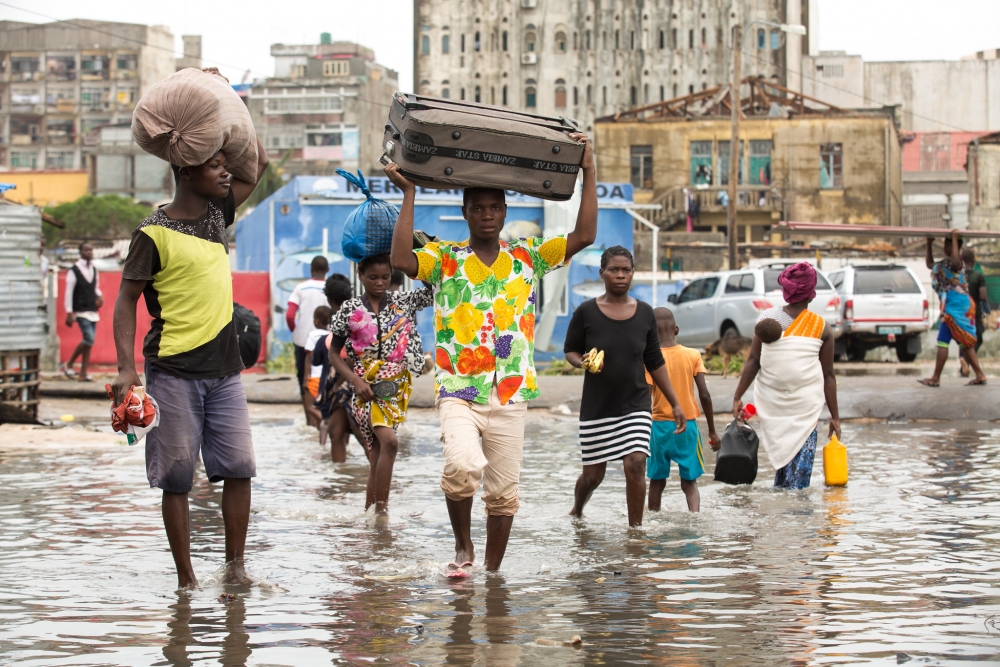African Development Bank to lead US$100 million relief campaign following Cyclone Idai

On the 5th April, the African Development Bank announced their ‘multi-pronged’ response plan to those in areas affected by Cyclone Idai across Mozambique, Malawi and Zimbabwe.
The plans involve providing immediate humanitarian relief to the worst hit areas of Mozambique, meeting reconstruction needs for all three countries, and including a climate risk insurance plan.
Cyclone Idai has been one of the most devastating tropical storms to hit East Africa, with over 1,000 confirmed dead, and thousands more still missing.
President Nyusi has been supportive of the Bank’s interventions, including their commitment to getting the country climate risk insurance.
The President of Mozambique said:
“The African Development Bank is our Bank. I have been interacting with the Bank for years now, but the intensity of engagement with the Bank’s current leadership is even higher than usual.”
The African Development Bank has broken down their plan into three phases, starting with funding immediate humanitarian relief in Mozambique’s worst affected areas.
This will be followed by a response and reconstruction programme, using up to US$100 million to kick-start economic recovery and rehabilitation across Mozambique, Malawi and Zimbabwe.
Recently, the UN Economic Commission for Africa Executive Secretary, Vera Songwe, estimated that damage to infrastructure in the region amounted to over one billion dollars.
The Bank has a team working alongside governments of the three countries, identifying the needs of the affected areas and mobilising the resources of the international community.
In a message to the affected countries, the Bank’s President Adesina said:
“Our thoughts go to the people of Mozambique, Zimbabwe and Malawi who have been so dramatically impacted by the cyclone. This natural disaster once more shows the importance of building climate-resilient economies in the African continent.”
The final phase of this plan will be a long-term solution to climate risk in the region, where cyclones, drought and flooding is frequent.
To start the implementation plans, the Bank’s delegation met with the Minister of Public Works, Housing and Water Resources, Joao Osvaldo, the Minister of Finance and Governor of the Bank, Adriano Maleiane, and the Minister for Land, Environment, and Rural Development, Celso Correia.
Join us for the 11th Annual AIDF Global Summit in Washington D.C, USA on 4-5 September 2019 to discuss disaster relief.
If you’d like to stay informed on the latest updates in aid and development, please sign up for the AIDF newsletter.
Photo: Denis Onyodi: IFRC/DRK/Climate Centre













